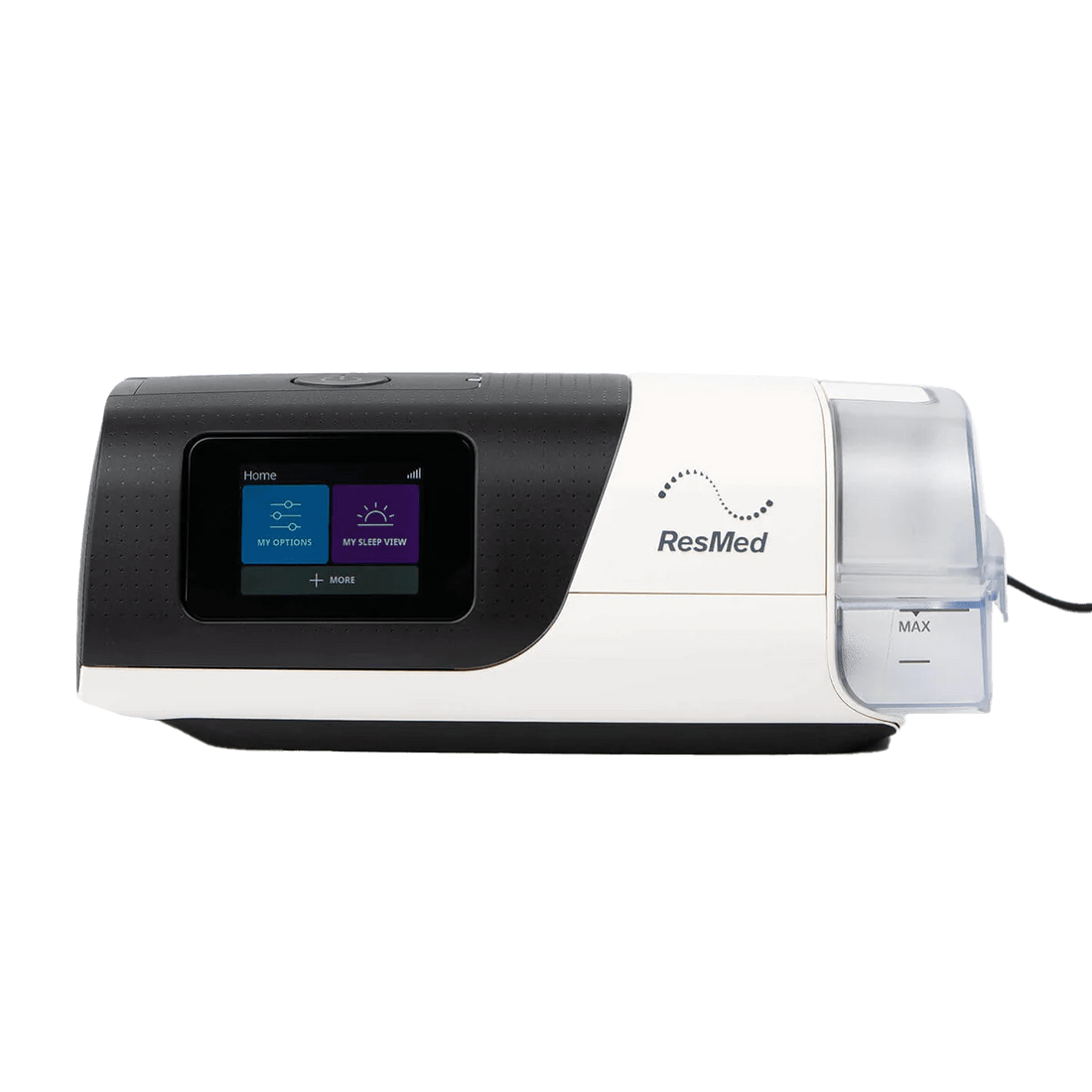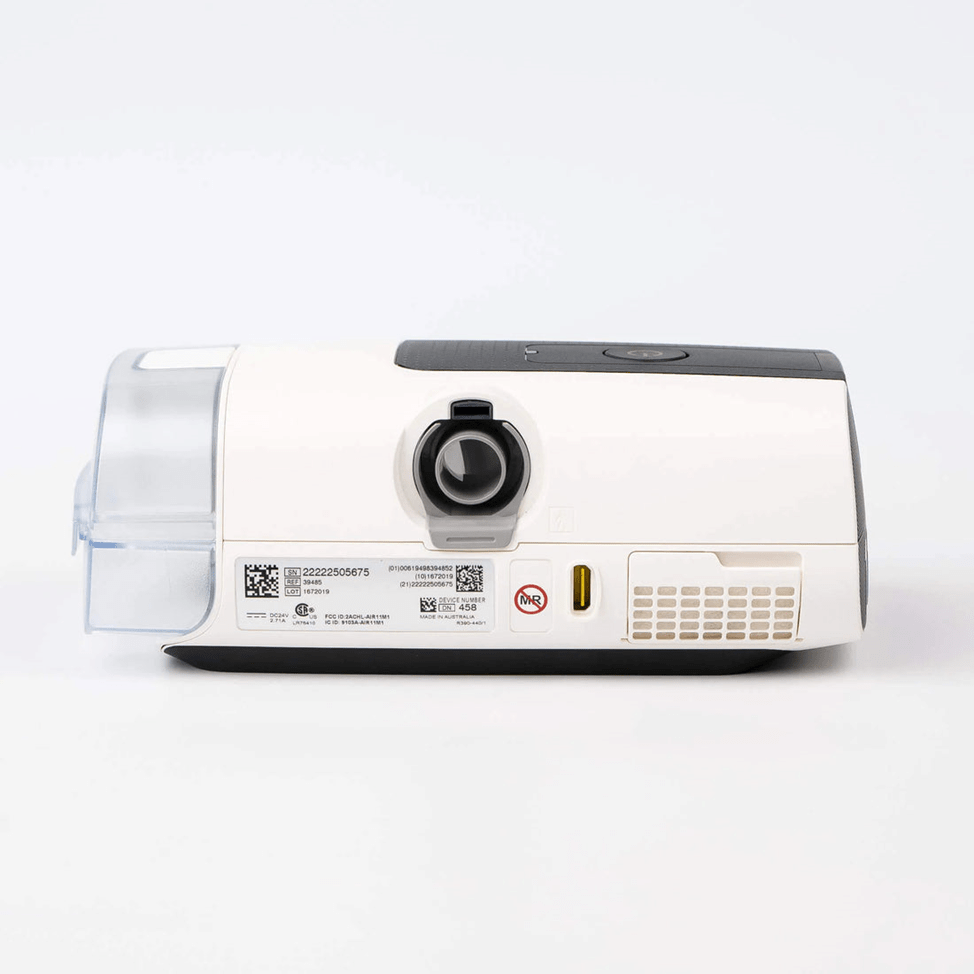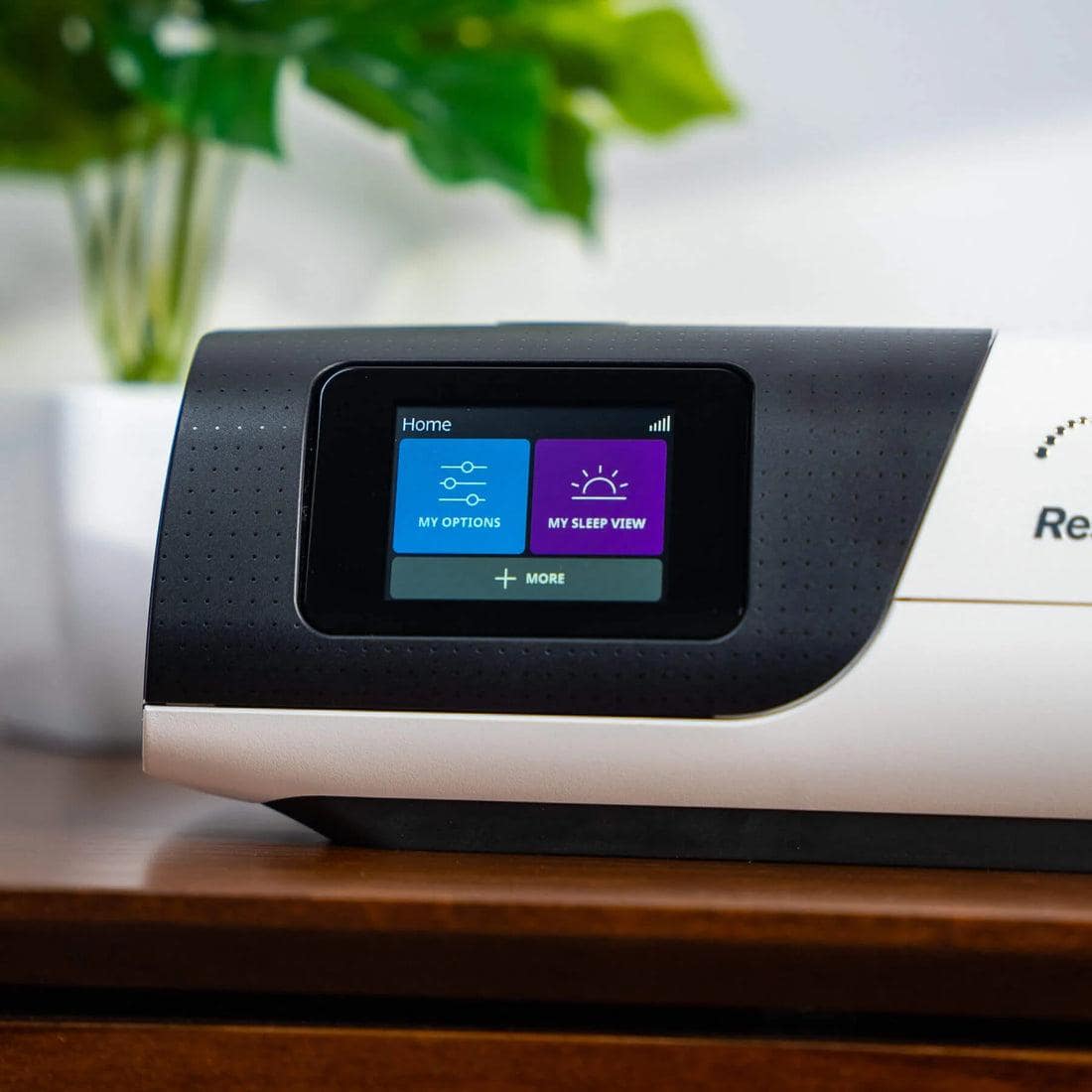The treatment of obstructive sleep apnea (OSA) with Continuous Positive Airway Pressure (CPAP) requires not only high-tech equipment, but also competent medical staff to provide patient education and support. Successful implementation of this therapy requires a comprehensive approach in which medical staff plays a key role. Let’s take a closer look at the role of qualified medical professionals in ensuring the effectiveness of CPAP treatment.

medsupplycart.com
- Education.
Medical staff plays an important role in educating patients on how to use a CPAP machine. This process includes explaining how the device works, how to properly place the mask, how to adjust the therapy parameters, and how to maintain the equipment. A clear and accessible explanation helps patients better understand the importance and effectiveness of this treatment.

medsupplycart.com
- Individualization.
Each patient has their own unique needs and characteristics, so it is important that medical staff individualize CPAP therapy to meet the specific needs of each patient. This process may include adjusting therapy parameters, selecting the appropriate mask, and addressing any other issues that may arise during treatment.
- Motivation.
Medical staff also plays a significant role in motivating patients to continue therapy. Support, praise for the results achieved, and constant motivation help patients overcome any obstacles and continue treatment to achieve maximum results.

medsupplycart.com
- Monitoring.
Medical staff provides support to patients throughout the treatment period. This includes regularly monitoring the effectiveness of the therapy, addressing any concerns or concerns patients may have about the treatment, and providing support and advice on how to care for the equipment.
Healthcare professionals play a critical role in the successful implementation and implementation of CPAP therapy. Their role includes patient education, support, monitoring, individualization of therapy, motivation, and encouragement throughout the treatment period. Effective interaction between medical staff and patients is key to achieving positive therapy outcomes, as well as the availability of a quality CPAP device, which can be purchased on our website: https://medsupplycart.com/
Benefits of CPAP therapy in clinical settings.
CPAP therapy in clinical settings has a number of advantages that contribute to more effective and safe treatment of patients.
- Regulation.
In a clinical setting, medical staff can provide continuous monitoring of the effectiveness of CPAP therapy. They track the patient’s sleep parameters, monitor for apnea and hypopnea, and make the necessary changes to therapy parameters to maximize comfort and effectiveness.
- Instruction.
Patients receive more detailed training and instruction on how to use the device. This allows them to better understand the principles of the device’s operation and to fit the mask with proper fitting.

- Ability to solve problems.
Medical staff is able to solve any problems that arise with CPAP therapy faster and more efficiently. They provide advice and recommendations on how to optimize therapy and overcome any difficulties.
- Support.
Doctors provide support and motivation throughout the treatment period. They listen to concerns and provide support to overcome any difficulties that arise during CPAP use.
- Adjustment of parameters.
The staff adjusts the therapy parameters in real time according to the individual needs of each patient. This allows you to achieve maximum efficiency and comfort during treatment.
In a clinical setting, Continuous Positive Airway Pressure treatment provides a higher level of monitoring, training, support, and individualization of therapy, which allows for better treatment outcomes for patients with sleep apnea.






